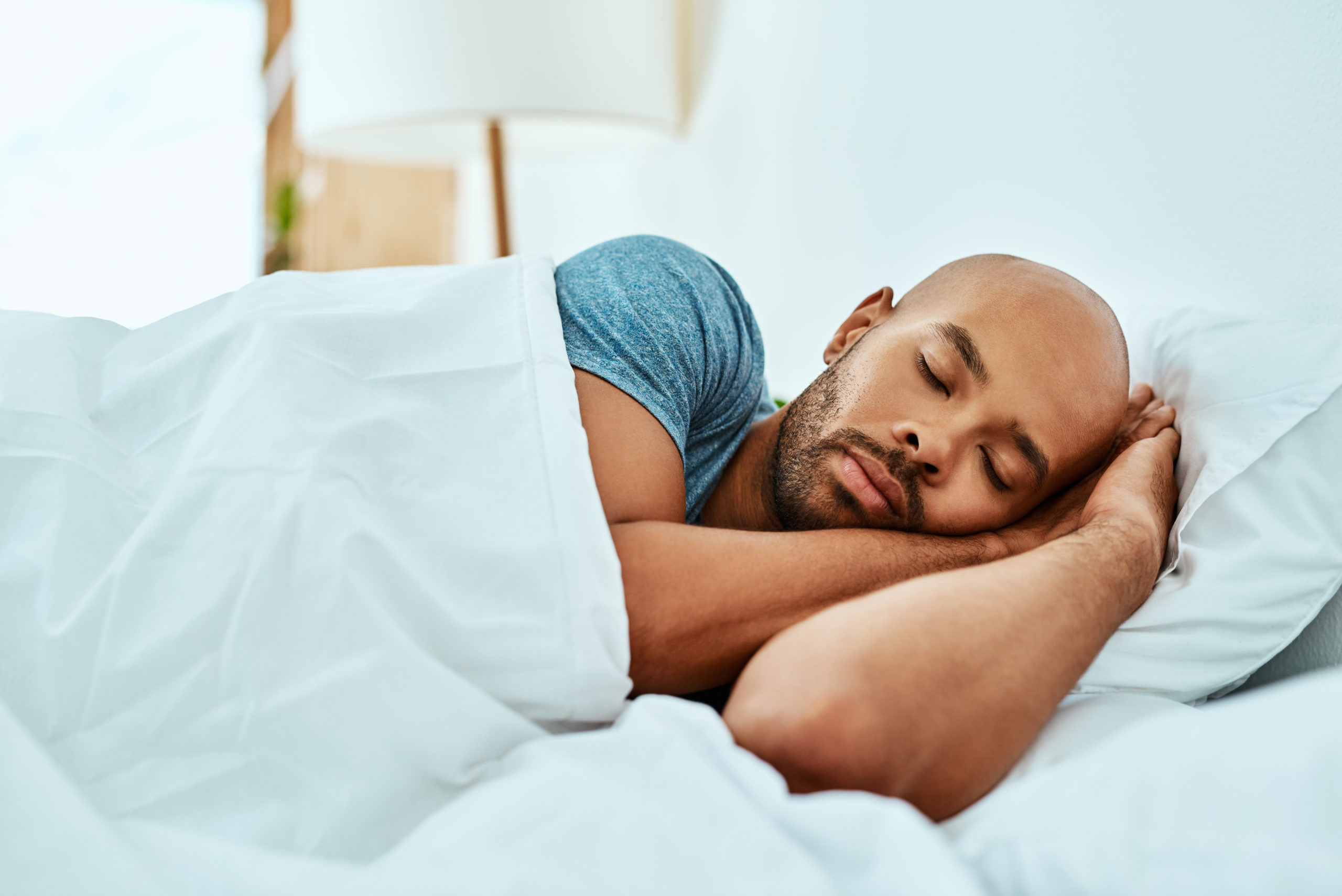
Getting quality restful sleep is essential for our overall well-being and daily functioning. However, many individuals struggle with sleep-related issues due to poor sleep hygiene. Sleep hygiene refers to the practices and habits that contribute to a good night’s sleep. This article provides tips and practices to improve your sleep hygiene, allowing you to optimize your sleep routine and wake up refreshed and rejuvenated. By incorporating these strategies into your daily routine, you can improve your sleep quality and promote overall well-being.
Table of Contents
Understanding the Importance of Sleep:
Physical Health:
Quality sleep plays a vital role in maintaining physical health. During sleep, the body repairs and rejuvenates itself, supporting immune function, hormone regulation, and tissue healing. Good sleep hygiene can contribute to better cardiovascular health, improved metabolism, and enhanced immune system functioning.
Mental Health:
Sleep has a significant impact on mental health and emotional well-being. Adequate sleep supports cognitive function, memory consolidation, and emotional regulation. Poor sleep can increase the risk of developing mental health disorders such as anxiety and depression. Prioritizing sleep hygiene can contribute to improved mental health and overall emotional well-being.
Tips for Better Sleep Hygiene:
Establish a Consistent Sleep Schedule:
Go to bed and wake up at the same time each day, even on weekends. This regular sleep schedule helps regulate your body’s internal clock, making it easier to fall asleep and wake up naturally. Consistency promotes better sleep quality and overall sleep hygiene.
Create a Relaxing Bedtime Routine:
Develop a relaxing routine to signal to your body that it’s time to wind down and prepare for sleep. This may include activities such as reading a book, taking a warm bath, practicing relaxation techniques, or listening to calming music. Engaging in a consistent bedtime routine can help relax your mind and body, promoting better sleep.
Create a Sleep-Friendly Environment:
Ensure your sleep environment is conducive to quality rest. Keep your bedroom cool, dark, and quiet. Invest in a comfortable mattress and pillows that provide adequate support. Consider using blackout curtains, earplugs, or white noise machines to minimize disturbances and optimize sleep quality.
Limit Exposure to Electronic Devices:

The blue light emitted by electronic devices can interfere with your body’s natural sleep-wake cycle. Avoid using electronic devices, such as smartphones, tablets, or laptops, close to bedtime. Instead, engage in relaxing activities that promote sleep readiness.
Exploring Young Living Essential Oils:
Incorporating Young Living Essential Oils into your sleep routine can enhance relaxation and promote a restful sleep environment. Young Living offers a wide range of high-quality essential oils known for their aromatic and therapeutic properties. Lavender essential oil, for example, has calming and soothing effects, promoting relaxation and better sleep. Cedarwood and Vetiver essential oils are also known for their grounding properties that can help calm the mind before sleep. Diffuse these oils in your bedroom or add a few drops to a bedtime bath or a sleep-enhancing pillow spray.
Young Living Foundation:
Young Living Foundation is the philanthropic arm of Young Living Essential Oils, committed to making a positive impact on communities around the world. The foundation focuses on three pillars: education, anti-human trafficking, and wellness. By supporting initiatives that provide educational opportunities, rescue and rehabilitate victims of trafficking, and promote wellness in underserved communities, Young Living Foundation contributes to overall well-being and a healthier future.
Exercise Regularly:
Engaging in regular physical activity can improve sleep quality. However, avoid vigorous exercise close to bedtime, as it may interfere with sleep. Aim for at least 30 minutes of moderate-intensity exercise most days of the week, ideally during daylight hours.
Avoid Stimulants and Heavy Meals Before Bed:
Limit consumption of caffeine, nicotine, and alcohol, especially in the evening. These substances can disrupt sleep patterns and reduce sleep quality. Additionally, avoid heavy meals close to bedtime, as they may cause discomfort and disrupt sleep.
Improving your sleep hygiene is crucial for getting quality rest and promoting overall well-being. By establishing a consistent sleep schedule, creating a relaxing bedtime routine, optimizing your sleep environment, limiting electronic device use, and exploring the benefits of Young Living Essential Oils, you can optimize your sleep routine and wake up feeling refreshed. Remember, good sleep hygiene is a valuable investment in your health, productivity, and overall quality of life.






